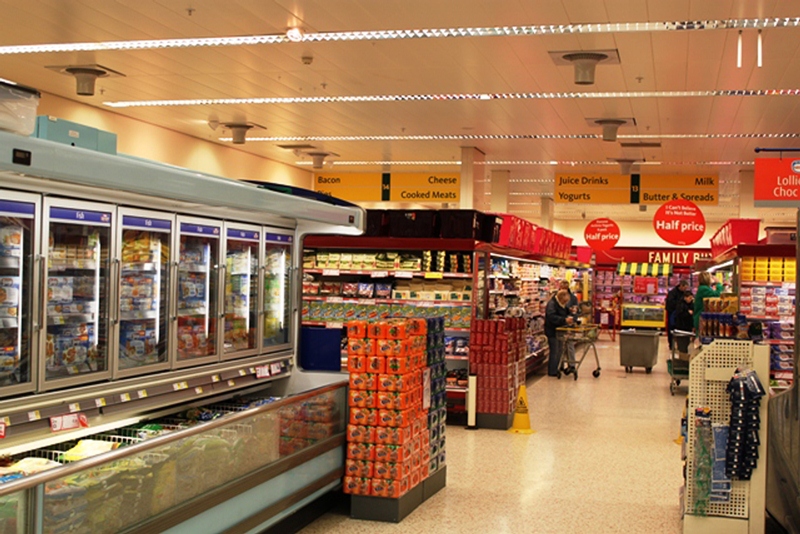
Supermarket loyalty schemes deliver real savings for shoppers, according to an investigation by the UK’s Competition and Markets Authority (CMA). The inquiry was launched in response to
concerns over potential price manipulation in loyalty pricing strategies.
The CMA reviewed 50,000 loyalty-priced products and found that 92% offered genuine savings compared to their usual prices. This finding counters the skepticism of 55% of shoppers, who believed "usual" prices were inflated to make loyalty deals appear more attractive.
The CMA reported "very little evidence" of supermarkets artificially raising their standard prices to enhance the appeal of loyalty discounts. However, the regulator urged retailers to improve accessibility to their loyalty programs.
The investigation followed a complaint from consumer group Which?, which argued that loyalty deals were not as beneficial as they seemed. Supermarkets contested this claim, stating that the report overlooked the impact of inflation.
The review comes during a competitive period for supermarkets, as chains vie for market share with discounts ahead of the Christmas season. Despite financial pressures on the retail sector, loyalty pricing schemes were found to offer significant savings.
The CMA identified potential savings of 17-25% on loyalty-priced products at major supermarkets, including Tesco, Sainsbury’s, Waitrose, Co-op, and Morrisons. A Tesco spokesperson emphasized that their Clubcard Prices program saves customers up to £385 annually.
While loyalty prices generally provide genuine discounts, the CMA cautioned that they are not always the cheapest option. George Lusty, interim executive director of consumer protection at the CMA, encouraged shoppers to compare prices across stores to maximize savings.
“After analyzing tens of thousands of products, we found that most loyalty prices offered real savings, which we hope reassures shoppers,” Lusty said. “Still, shopping around remains essential to stretch your budget further.”
The CMA also reviewed how supermarkets handle customer data for loyalty schemes. It found no evidence of consumer law violations regarding data collection and usage, further reassuring consumers.
Sue Davies, head of food policy at Which?, acknowledged the CMA's findings but emphasized the need for consumers to remain vigilant. “It’s reassuring that most loyalty prices reviewed offered genuine savings, but shopping around is still key as they aren’t always the cheapest option.”
As inflation and rising costs continue to affect the grocery sector, loyalty schemes remain a valuable tool for cost-conscious shoppers. Photo by Whittle100, Wikimedia commons.




































